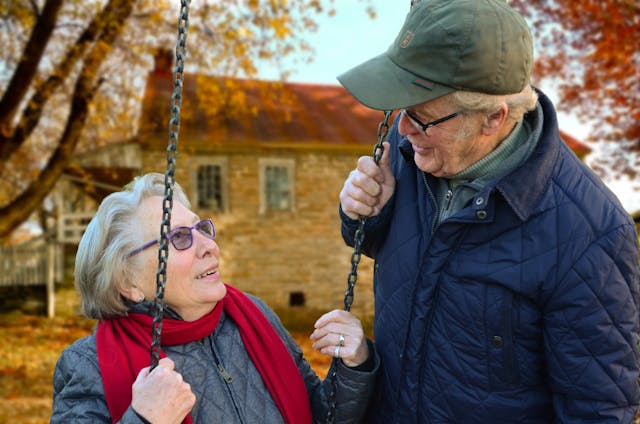If you’re in this spot, you’re not alone. Over the years, I have found that some folks refuse to discuss their eventual, and inevitable, death with their adult children. They just don’t want to think about it – period. Perhaps they become angry when the topic is brought up or keep “kicking the can down the road,” as the old saying goes, promising to talk about it another day. Sound familiar? The following is a mix of strategy, psychology, and compassion that might help you move the dial without getting into a heated battle.
Reframe it away from death
Most people avoid estate planning because it feels morbid. So instead of saying: “You need a will in case you die,” try: “I just want to make sure we all know what you want, so if something ever happened, we’re not left guessing—or worse, fighting.” This opening moves away from the doom and gloom of death and focuses on peace of mind and stress avoidance for the family.
2. Share a story that hits home
Sometimes a real-life example hits harder than logic. Perhaps you know a situation you can relay to your folks like one of the following:
“A friend’s dad didn’t have a will, and it turned into a total nightmare. They spent over a year in probate, which cost a ton.”
“This one family had to go to court just to get access to their mom’s bank account—she never gave anyone power of attorney.”
So, if you know someone who went through the chaos that can be caused by parents who died intestate (without a will), it is a great way to explain the consequences to your folks of that “inaction”.
3. Ask their advice first
This approach can be a winner or blow up in your face. I’m just being honest. If you know your folks have not taken any steps to get their affairs in order, and they know you know, don’t try it. But, if you’re really in the dark about it, this can open the conversation so that you don’t appear to be lecturing them.
Open with something like: “I’ve been learning about estate planning for myself. Have you ever thought about that kind of thing? I’m curious how you’ve approached it.”
Or:
“How did your parents handle things when they passed? Did it go smoothly?”
4. Offer to help with the “boring stuff”
Often, individuals haven’t taken steps to create their will and estate plan, not because they don’t want to, but because it can seem overwhelming. Or maybe they don’t know where to start. If you think that might be the case with your folks, that can provide an opportunity for you. You could offer to help. For example, you could
- Find a few local estate planning attorneys
- Help gather account info or organize paperwork
Even framing it like: “Let’s just get the basics down, we don’t have to do everything at once,” can make it more manageable for them. Hopefully, they take you up on the offer.
5. Let them know it’s about protecting the people they love
Maybe we could call this playing the “guilt” card, but position it a little differently. Something like the following: “Honestly, this isn’t even about money. It’s about making sure we don’t fight, don’t guess, and can follow your wishes.” This tactic can remind them that when they do nothing, they are actually putting the burden on you. Many people don’t think of it that way until someone, like you, points it out in no uncertain terms.
If you’re in this situation, I hope these five tips will be helpful. Maybe some combination of them over time will do the trick. Have patience. No one wants to think about their death, but by switching the focus to other things, you might just be able to convince them it is the right thing to do, and they’ll enjoy enormous peace of mind once they’ve got their “ducks in a row”. Let me know if I can help you or your folks. I would be happy to meet with them and explain the process. I promise it is not as complex or time-consuming as they (or you) might think. Call me at 513-399-7526 or visit my website, www.davidlefton.com, for more information.



